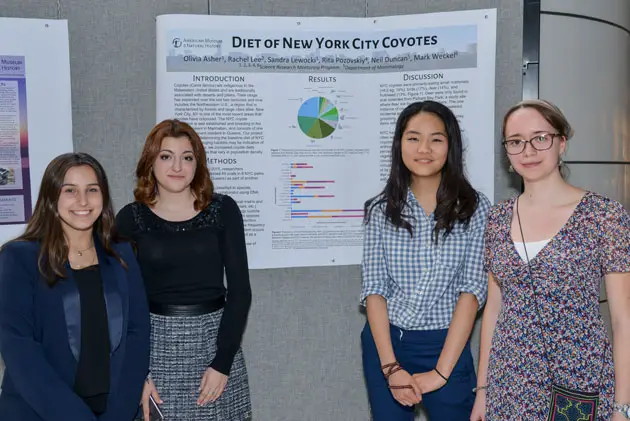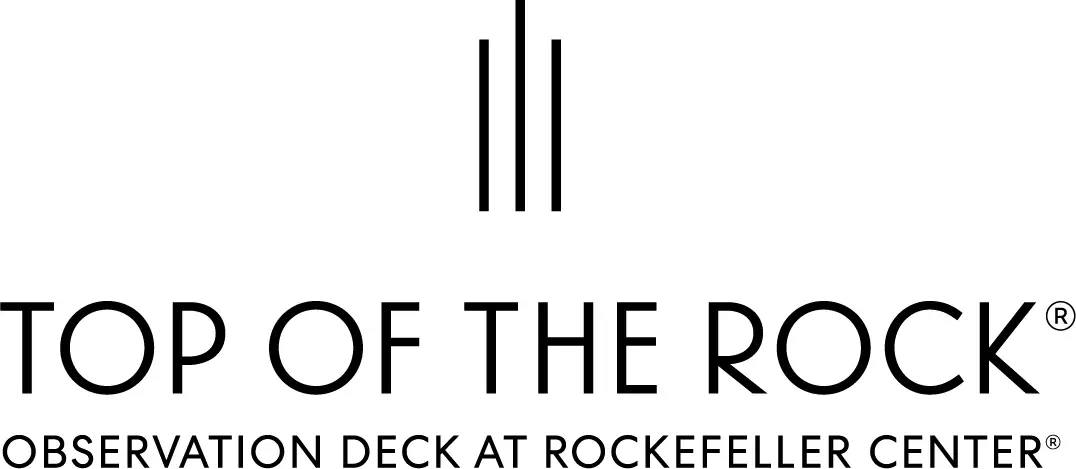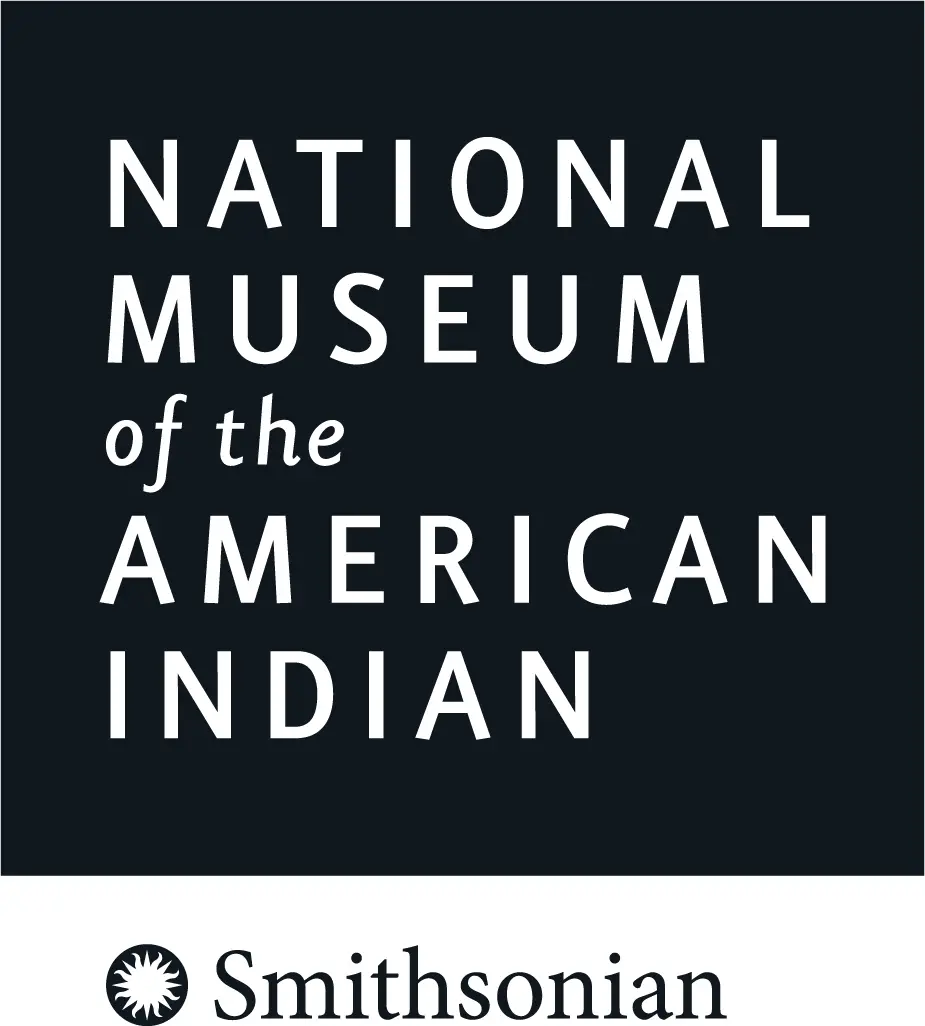
Teens Release Research on Two New Animals in NYC
Get can’t-miss family activities sent to you!
Get the Best Kid-Friendly Activities
Sent to You Weekly!
In addition, a millipede species from the Southern Appalachian mountains was recently discovered in Westchester County, over 400 miles north of its home range. To better understand how these arthopods made it to the area, teenagers Mahir Ismail (Bronx) and Julian Perricone (Upper East Side) worked alongside Museum scientist Anthony Caragiulo to examine the DNA of Boraria stricta. They analyzed specimens collected in the Mianus River Gorge Preserve in Bedford, NY and found they were very genetically similar, suggesting a single introduction event rather than a natural migration from the South.
So far, the team has only sampled parts of New York and Connecticut, and is looking to expand their sampling sites to include areas between New York and Virginia. Julianne and Mahir are encouraging citizen scientists to collect further specimens for analysis.
RELATED: Find More Museums Near You
Sign up for our newsletter to receive the latest updates on fun events and other family activities in your area.
Main photo: SRMP students who participated in the coyote research, pictured left to right: Sandra Lewocki, Rita Pozovskiy, Rachel Lee, Olivia Asher (©AMNH/D. Finnin)





